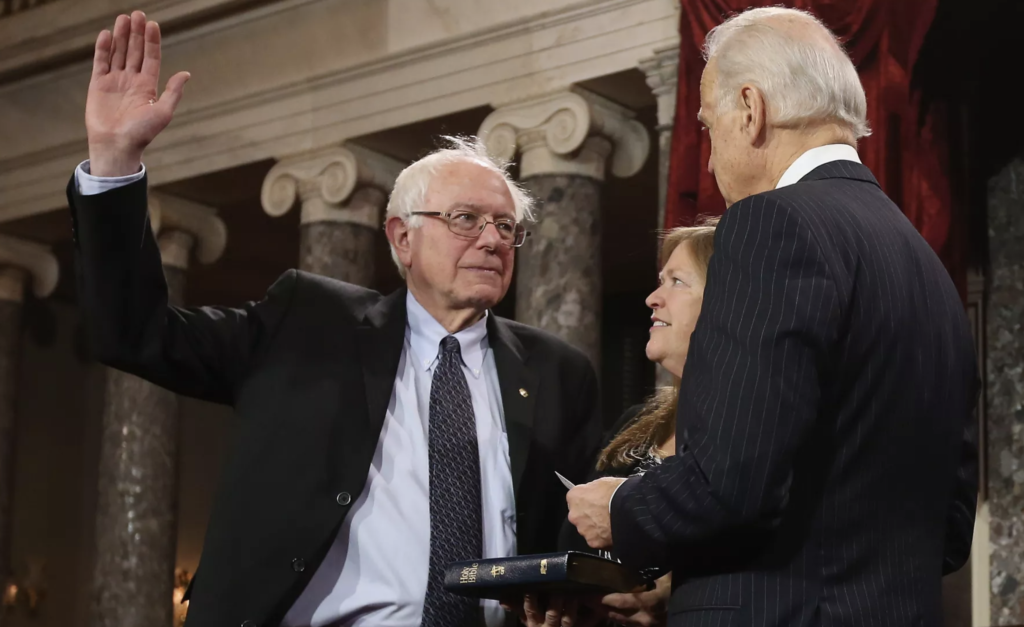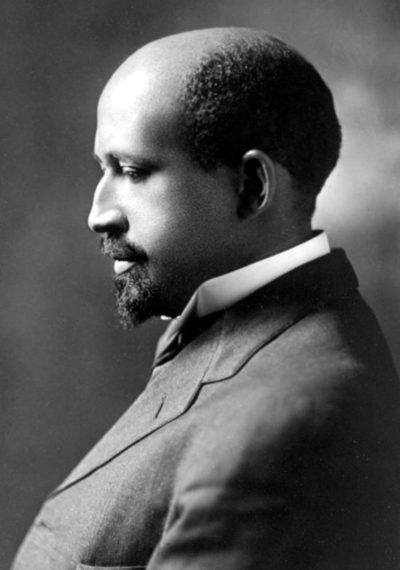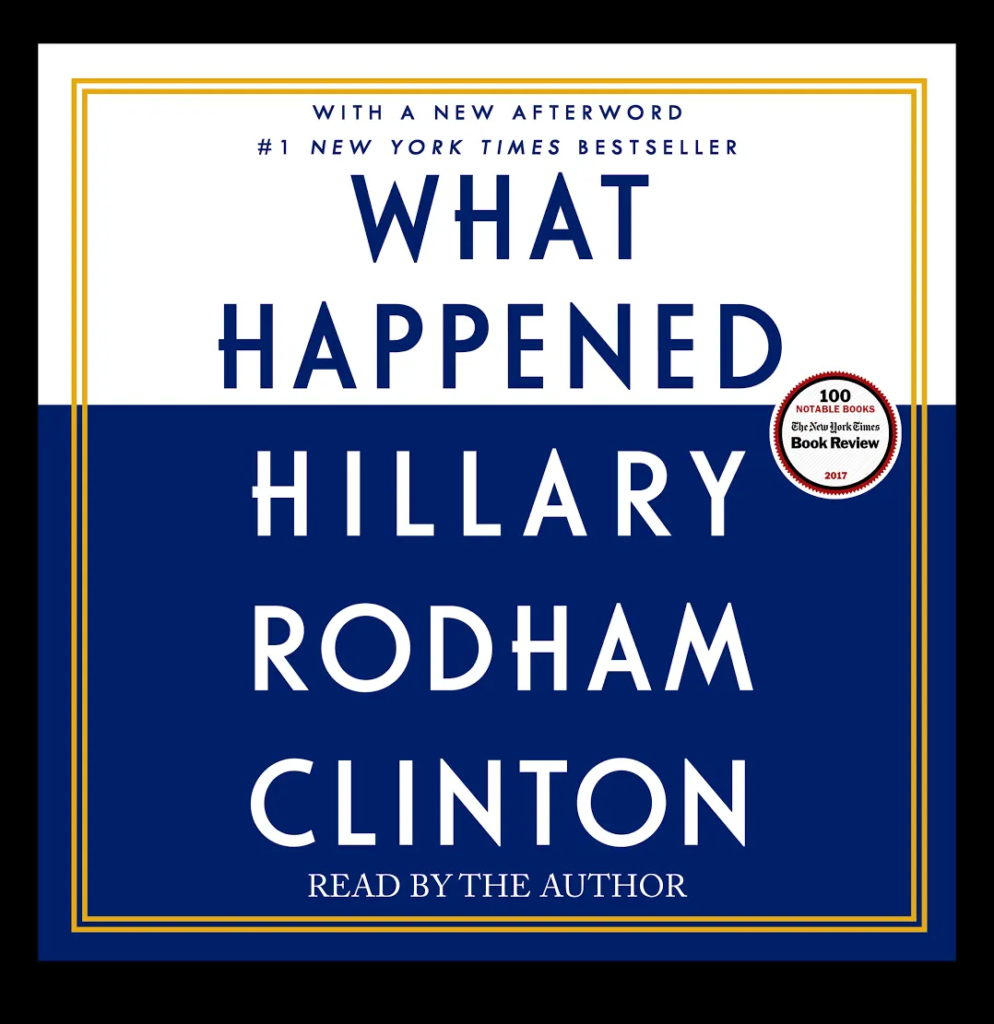
Image Source: Chip Somodevilla/Getty Images (https://www.vox.com/policy-and-politics/2019/2/12/18221752/2020-democrats-biden-bernie-sanders-beto-poll)
Quite a few people seem surprised by Joe Biden’s lead in the polls. Some of this is because their friend circles aren’t representative of the Democratic Party electorate. But some of it’s deeper than that. Democrats say in generic polls that they’d prefer women to men, non-white candidates to white candidates, and younger candidates to older candidates. Given the fact that Democrats are more or less evenly divided between moderates and liberals, we could form some hypotheses about who ought to be leading right now.
The best hypothesis would be Kamala Harris. She’s a black women who’s probably neither too liberal nor too moderate for the Democratic electorate. She’s youngish and serves in a political office that’s a common launching pad for presidential campaigns. And we’d expect candidates like Cory Booker, Kirsten Gillibrand, and Amy Klobuchar to be doing OK. We might even think candidates like Julián Castro could take off.
To put it lightly, that’s not what we’re seeing. The two leading candidates, as of May 2019, are Joe Biden and Bernie Sanders. Two white guys older than any president-elect in the history of the US. Biden is arguably too conservative for the Democratic electorate, and Sanders is well to the left of the electorate. Even moving beyond Biden and Sanders, we have Pete Buttigieg and Elizabeth Warren as four of the top five. Warren isn’t as far left as Sanders, but she’s still well to the left of most Democrats. And Buttigieg is a white guy.
What’s going on here?


